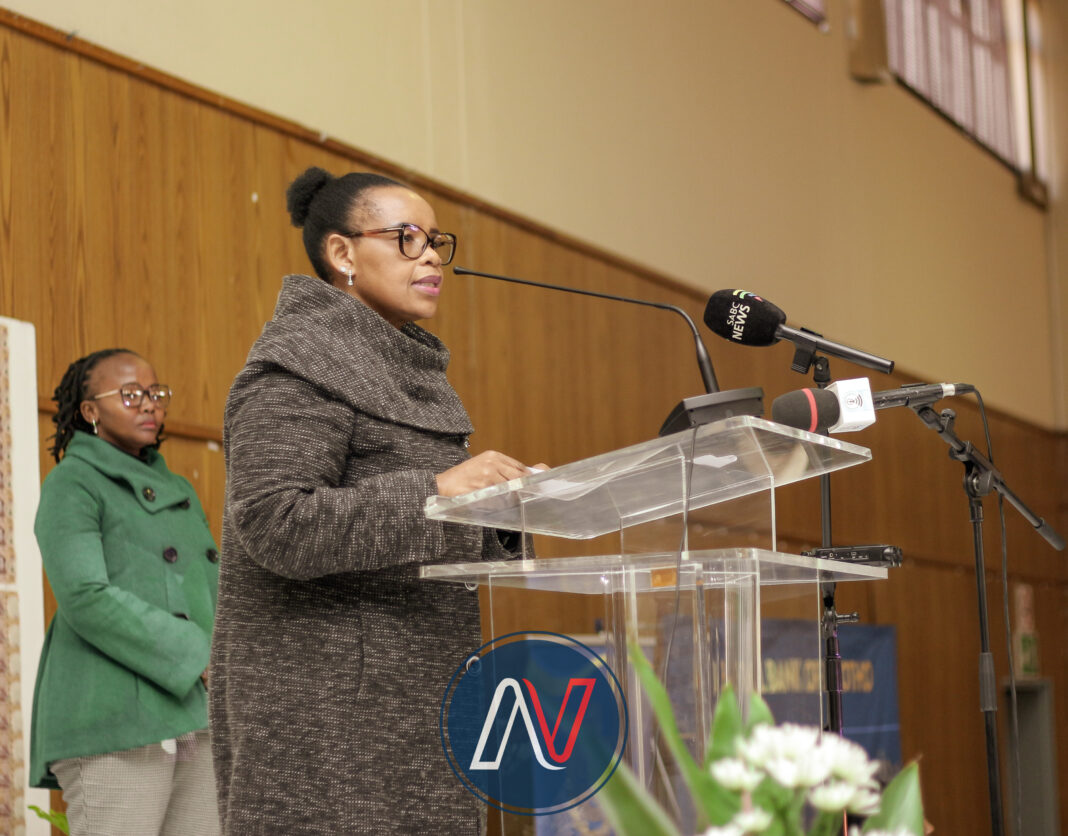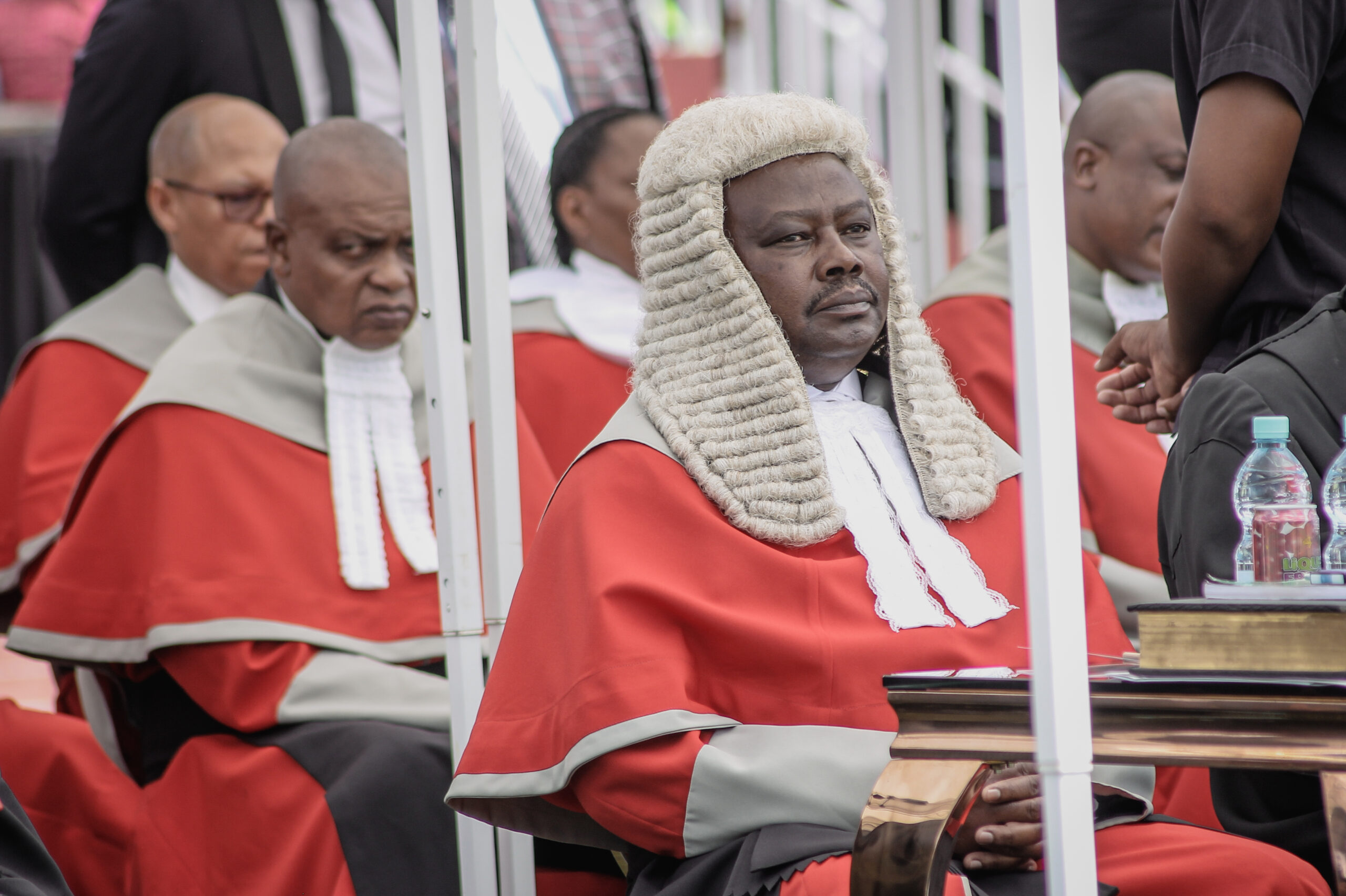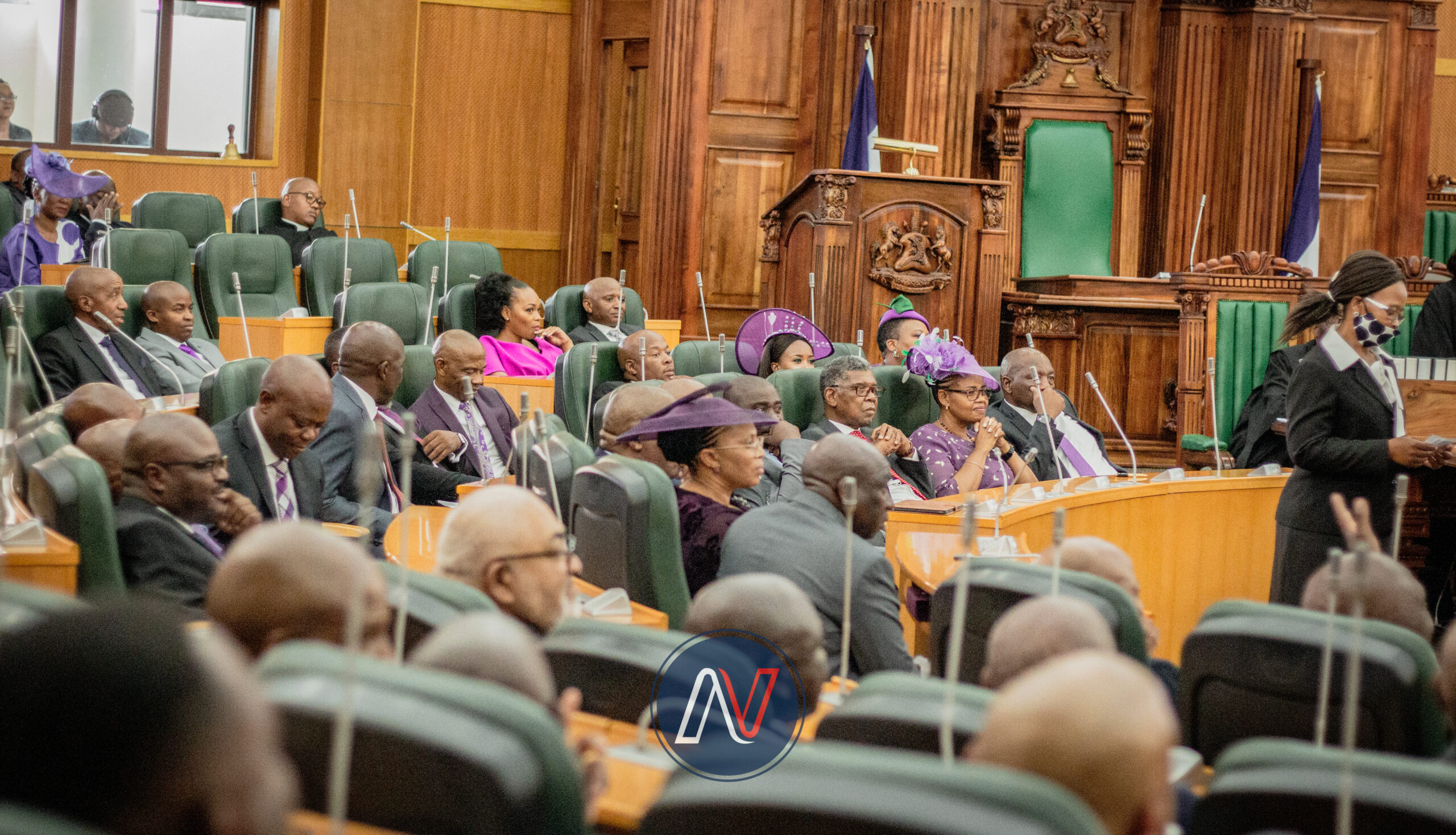Mohloai Mpesi
The government could face a staggering loss of over M6 billion as a result of an ongoing constitutional dispute surrounding the reinstatement of the 11th Amendment to the Constitution Bill of 2022.
The contentious bill, also known as the Omnibus Bill, has become the focal point of a legal battle initiated by the political party Yearn for Economic Sustainability (YES), media advocacy group Media Institute for Southern Africa (MISA) Lesotho, and its chairperson Kananelo Boloetse.
The crux of the legal challenge lies in the fate of bills left unfinished when the previous Parliament was dissolved.
The applicants argue that all pending bills, including the Omnibus Bill, were rendered void by the dissolution and cannot be carried over to the next Parliament.
They strongly assert that Bills cannot be carried over from one Parliament to another, reflecting the convention that no Parliament can bind its successor.
This legal dispute has far-reaching implications, particularly for critical legislation that has already been reinstated by Parliament.
Acts such as the Tobacco and Alcoholic Products Levy Act of 2022, hang in the balance.
This act became operational in April and according to the Internal Communications Officer of the Revenue Service Lesotho (RSL), Thabang Loko, RSL projected to collect revenue amounting to a whooping M439.5million for this year as a result of the enactment of this law.
The Harmonization of the Rights of Customary Widows with Legal Capacity of Married Persons Bill, 2022, and the Counter Domestic Violence Bill, 2022, are also part of the acts which now hang in the balance.
These laws are essential for Lesotho’s participation in the United States Government’s Millennium Challenge Corporation (MCC) Compact Program, a five-year, $300 million (about M5.6 billion) initiative aimed at bolstering economic growth and poverty reduction.
Signed on May 12, 2022, the second Compact consists of three projects, namely: (i) the Health Systems Strengthening (HSS) Project; (ii) the Market Driven Irrigated Horticulture (MDIH) Project; and (iii) the Business Environment and Technical Assistance (BETA) Project.
The second Compact Program will advance economic growth and poverty reduction by addressing the root causes of the constraint of ineffective policy planning, coordination, and execution across three key sectors: health, agriculture, and access to finance.
The program is now jeopardised by the legal battle surrounding the Omnibus Bill.
The dispute follows a precedent set by the High Court last year in the case of Boloetse and Tuke v. His Majesty The King and others.
In this ruling, the High Court asserted that the dissolution of Parliament terminates all pending bills, effectively rendering them void.
“The 6th edition of Black’s Law Dictionary defines dissolution as an ‘act or process of dissolving; termination; winding up’. The verb ‘dissolve’ means ‘to terminate; abrogate; cancel; annul; disintegrate. To release or unloose the binding force of anything’. In my respectful opinion, this is what a proclamation of dissolution does to Parliament and all its pending business,†read the High Court judgement.
It added: “It follows that failure by Parliament to pass the two Bills (the Eleventh Amendment to the Constitution Bill, 2022 and the National Assembly Electoral Act (Amendment Bill, 2022) on 14 June 2022 when the Proclamation to dissolve it was gazetted had the effect of annulling and cancelling them for good. They became corpses which a declaration of the state of emergency cannot resurrect into a legislative business for a recalled Parliament.â€
Despite this legal precedent, the government has obstinately chosen to reinstate bills that were pending at the time of Parliament’s dissolution, leading to the current standoff.
The legal battle now hinges on whether the High Court will uphold its previous ruling or allow for the revival of bills such as the Omnibus Bill.
The outcome of this dispute holds significant implications for Lesotho’s legislative landscape, its relationship with international partners, and its progress toward comprehensive national reforms.
High Court judge, Justice ‘Maseforo Mahase, yesterday said that the matter will be heard next Tuesday at 9:30 am by a panel of three judges including herself, Justice Moroke Mokhesi, and Justice Polo Banyane.
Summary
- The government could face a staggering loss of over M6 billion as a result of an ongoing constitutional dispute surrounding the reinstatement of the 11th Amendment to the Constitution Bill of 2022.
- The Harmonization of the Rights of Customary Widows with Legal Capacity of Married Persons Bill, 2022, and the Counter Domestic Violence Bill, 2022, are also part of the acts which now hang in the balance.
- “It follows that failure by Parliament to pass the two Bills (the Eleventh Amendment to the Constitution Bill, 2022 and the National Assembly Electoral Act (Amendment Bill, 2022) on 14 June 2022 when the Proclamation to dissolve it was gazetted had the effect of annulling and cancelling them for good.

Your Trusted Source for News and Insights in Lesotho!
At Newsday Media, we are passionate about delivering accurate, timely, and engaging news and multimedia content to our diverse audience. Founded with the vision of revolutionizing the media landscape in Lesotho, we have grown into a leading hybrid media company that blends traditional journalism with innovative digital platforms.










